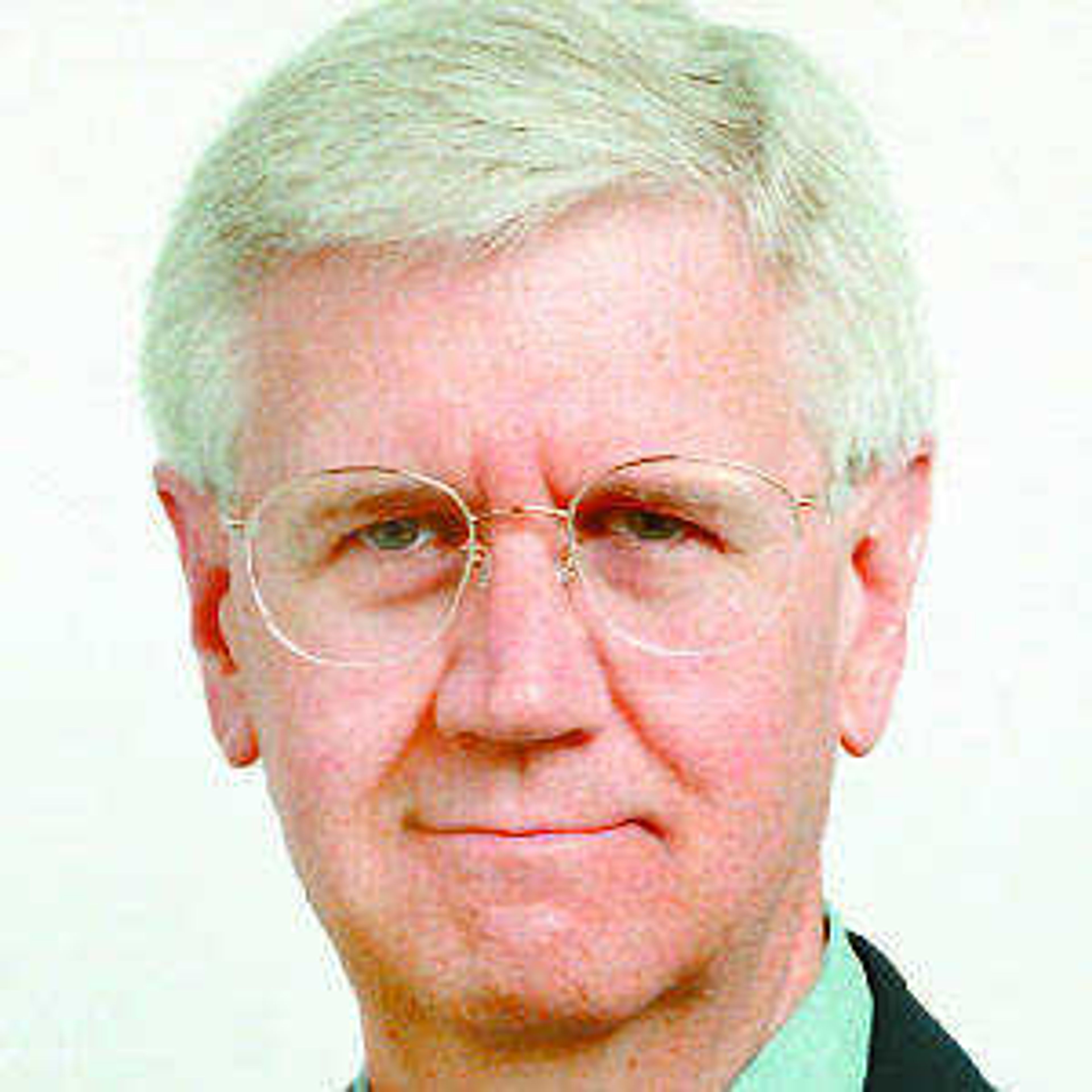The day after
Burp. OK. Bad joke. But not entirely tasteless, if you catch my drift. We have just endured another day of gluttony, arguably the day when more food is consumed -- on purpose -- in the United States than any other day of the year. I'm not going to lecture anyone about their eating habits, particularly their Thanksgiving Day consumption. Goodness knows I love to eat, and Thanksgiving is a good time to chow down...
Burp.
OK. Bad joke. But not entirely tasteless, if you catch my drift.
We have just endured another day of gluttony, arguably the day when more food is consumed -- on purpose -- in the United States than any other day of the year.
I'm not going to lecture anyone about their eating habits, particularly their Thanksgiving Day consumption. Goodness knows I love to eat, and Thanksgiving is a good time to chow down.
Eating and giving thanks go way back, even before recorded history. Oral traditions handed down to us in various written forms, including Scripture, tell us of many occasions when great feasts were celebrated to give thanks.
The father of the prodigal son killed the fattest calf in his herd.
Moses and his lot had a smashing barbecue after he carried a couple of chiseled stones down from a mountaintop.
Jesus and his band ate bread and drank wine, initiating a thanksgiving ritual that is observed to this day by churches celebrating the Lord's Supper.
For families, getting together to enjoy a bountiful meal is a special way of celebrating. It's in our genes. It's a combination of feeding ourselves for survival, feeding ourselves to cherish foods we love best, feeding ourselves to indulge in the favorites we associate with the special cooks we know and love, and feeding ourselves in a way that re-minds -- not just reminds -- us of events and associations we hold dear.
What I find interesting about Thanksgiving meals of the 21st century in the most prosperous nation on Earth is this: The celebration of overeating on one hand while, on the other, we are a culture of diet-watching, figure-conscious eaters.
How many of us got up this morning with cranberry breath and pledged to go on that diet we have been putting off for weeks, months, years?
It is peculiar that when we have plenty to eat -- thanks be to God for the harvests of this nation, and the grocery pipeline that delivers food to us in cellophane packages -- we are at a peak in the dieting cycle. The more food we have, the more we eat, leading to a frenzy of self-denial we call dieting.
Experts on good health, of course, suggest that a good diet is not one that cuts you off from all the food you love. Instead, a good diet is one that nourishes you in a healthy way and maintains a safe body weight. Instead of ups and downs in either eating or weight, our goal should be to make healthy choices all the time, the experts say.
Great idea, but not the answer for everyone.
Remember? It's in our genes. We eat because we have plenty of food and then worry about our excesses after the fact.
In lean times, history tells us, there were different views about diet. Things like fat, which we carefully trim from meat, were considered delicacies because fat fueled bodies that consumed lots of calories through physical exertion.
It's an equation I describe this way: No La-Z-Boys equal eat more fat.
Now we have an aversion to fat. Lean meat, no butter and huge labels on food products promising "No trans fats" all lure us into believing that we can eat as much as we want because our food supply is harmless.
If today's attitude had been prevalent a few thousand years ago, the prodigal son would have been welcomed home with grilled tofu.
And that would be in our genes, handed down from generation to generation, instead of those urges we call gluttony.
So there is something else to be thankful for. Thanks, Moses, for burnt offerings and savoring the fat. Thanks, prodigal son's father, for stuffing that calf while remaining eternally optimistic about a happy reunion.
And thanks, good cooks everywhere, for keeping plenty of Crisco, sugar and Karo syrup on hand for holiday meals.
Burp.
Sorry. I couldn't help it.
R. Joe Sullivan is the editor of the Southeast Missourian.
Connect with the Southeast Missourian Newsroom:
For corrections to this story or other insights for the editor, click here. To submit a letter to the editor, click here. To learn about the Southeast Missourian’s AI Policy, click here.










